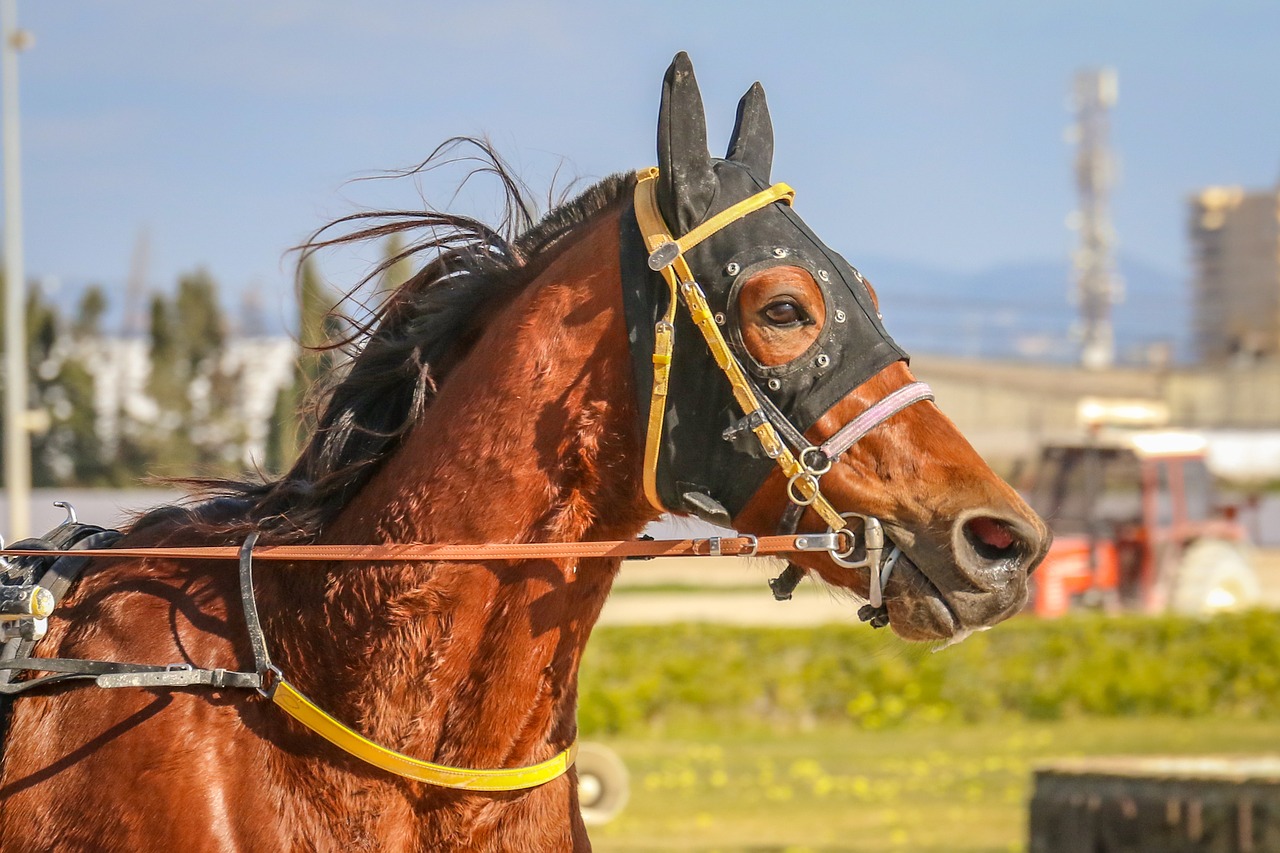While the dump trailers, horse riding and glamorous racing life might seem attractive, it’s not easy to get a career as a horse jockey. If you’re aspiring to be one, be ready to put in some hard work and also make sure you fit into the physical requirements to be a jockey. You should also be ready to work very hard because, as far as jobs go, this is one of the most physically demanding. Here are five things you need to know if you’re an aspiring horse jockey.

1. What a Horse Jockey Is
While this might seem like basic information, it is still an important first step to being one. A jockey is an athlete, just like someone who plays basketball or runs track. These athletes aren’t like other athletes, however, and have demands that other athletes don’t face. However, they have to be just as physically fit as other athletes. Most jockeys aren’t employed by specific owners or trainers. Instead, they are freelancers and can work for  several different trainers or owners, sometimes several of them during the same race card. The better their reputation and record as far as winning is concerned, the more in demand they are and the more they can charge, both in terms of fees and percentage of winnings.
several different trainers or owners, sometimes several of them during the same race card. The better their reputation and record as far as winning is concerned, the more in demand they are and the more they can charge, both in terms of fees and percentage of winnings.
A large portion of a jockey’s day is spent working with trainers and horses. They need to develop a bond of trust with the horse to optimize performance. For that to happen, the jockey and horse should spend many hours training so that they are in sync. Jockeys also have to spend their time performing physical fitness exercises to meet the weight and height requirements that come with being a horse jockey.
2. Education Requirements for Jockeys
You don’t just get a job as a horse jockey by walking up to a horse owner and asking for it.  You need to meet very strict requirements before you can become a jockey. First, you need to have the proper education and training. As far as that is concerned, there are a few schools and college programs that will train you. The only school that offers specialized training for jockeys is the North American Racing Academy in Kentucky. To qualify you should have your high school diploma in hand or at least a GED. You should also be experienced in both riding horses and training them. However, note that you don’t have to go to that school to be a horse jockey.
You need to meet very strict requirements before you can become a jockey. First, you need to have the proper education and training. As far as that is concerned, there are a few schools and college programs that will train you. The only school that offers specialized training for jockeys is the North American Racing Academy in Kentucky. To qualify you should have your high school diploma in hand or at least a GED. You should also be experienced in both riding horses and training them. However, note that you don’t have to go to that school to be a horse jockey.
3. Licensing
To get licensed for apprenticeship, you will have to be at least 16 years old in most states in the United States. Be sure to find out the requirements for the specific state you live in. In some states, you won’t get licensed until you meet the minimum weight and height  requirements and prove that you can healthily maintain them.
requirements and prove that you can healthily maintain them.
Once you get your license, you may have to put in some hours at a stable to be fully licensed as a journeyman jockey. You may also have to pass an exam and meet health and racing requirements.
4. Ideal Jockey Weight
Your height and weight both matter if you want to be a jockey, especially weight. That is because racehorses cannot carry more than a specific weight and a light jockey will have  better control of the horse.
better control of the horse.
The thing is that racehorses are often not allowed to carry more than a given weight in each race and jockeys will only find this out a few days before the race. That means crash dieting is often the norm. To avoid crash dieting, it’s important to know the specific weight requirement for each race in advance along with maintaining a healthy lifestyle to support the proper weight classes. Although crash dieting is common, it’s extremely unhealthy. Most racehorses are allowed to carry between 118 pounds and 123 pounds, and that’s including equipment. Jockeys should, therefore, be somewhere in the right weight range.
5. Ideal Jockey Height
There isn’t an upper limit on jockey height. However, taller riders generally fail the weight requirements, and so jockeys tend to be shorter. The average height ranges between 4 feet, 9 inches and 5 feet, 5 inches though jockeys 5 feet 7 inches in height are not unheard of.
================================================================================================================































